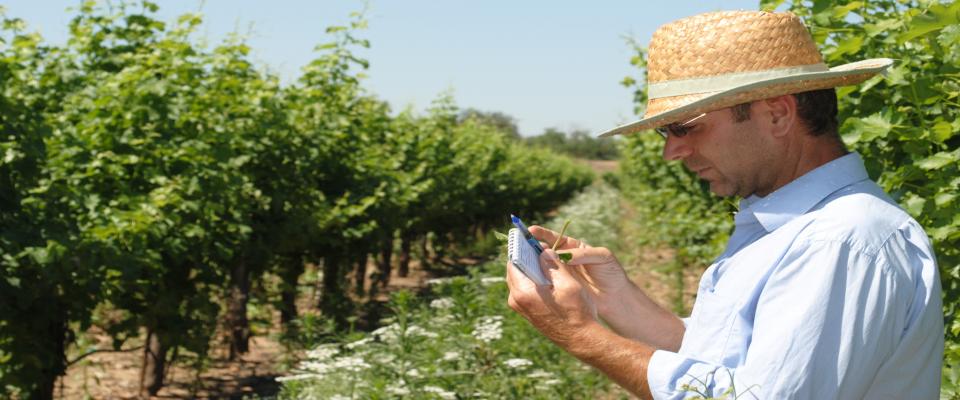The big idea: Disaster-resistant grapevines.
For centuries, growing grapes has been a crapshoot. Drought, frost, pests, and disease regularly destroy crops, and with scarcity comes expense. But now that the grape genome has been sequenced by French researchers, the mysteries of grape behavior, including locating their immune systems, may be solved. “Now that we have more genetic information on the plant, we can get a better idea of how the things we do to the vine affect wine quality,” says UC Davis viticulturalist Matthew Fidelibus. Targeted response to variations in weather, crop loads, and pest and disease pressures will produce more consistent vintages. And a cheaper drop for those of us who believe a glass a day keeps the stress at bay.
The new sauvignon blanc: Viognier
The new pinot noir: Malbec
The new riesling: Riesling
(With thanks to wine economist Robert Smiley and Rachael Goodhue, associate professor of agricultural and resource economics, both of UC Davis)



















